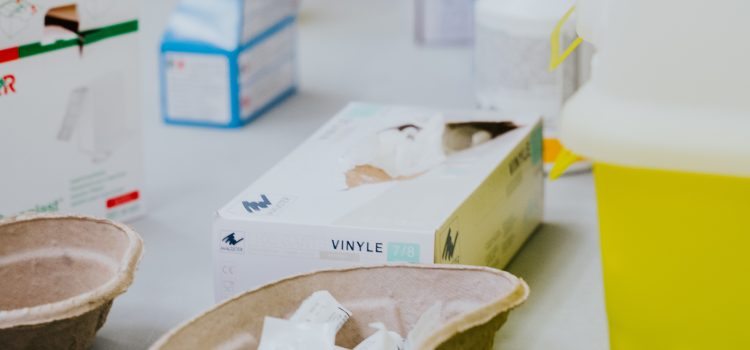
Are you or a loved one over the age of 65 and at risk for serious respiratory illnesses? With winter fast approaching, it’s important to take steps to prevent health complications that can arise from infections like Respiratory Syncytial Virus (R.S.V.). While R.S.V. is often thought of as an illness only affecting infants and young children, seniors are also vulnerable to its potentially severe consequences. Read on to learn more about how getting vaccinated against R.S.V. can protect your health this winter season and beyond.
Why is R.S.V. a problem for seniors?
R.S.V. is a problem for seniors because it is a highly contagious virus that can cause severe respiratory illness, especially in those who are 65 years of age and older. The virus is spread through contact with respiratory secretions, such as mucus or saliva, from an infected person. It can also be spread through contact with contaminated surfaces, such as doorknobs, countertops, or toys. Symptoms of R.S.V. include runny nose, sore throat, fever, and coughing. In severe cases, the virus can lead to pneumonia or bronchiolitis, which can be fatal. Seniors are at increased risk for complications from R.S.V. due to their weaker immune systems and underlying health conditions. Therefore, it is important for seniors to receive the R.S.V. immunization to help prevent serious health complications from occurring
What are the symptoms of R.S.V.?
R.S.V., or respiratory syncytial virus, is a common respiratory virus that can cause severe illness in infants, young children, and older adults. Symptoms of R.S.V. include coughing, wheezing, difficulty breathing, and increased production of mucus. In severe cases, R.S.V. can lead to pneumonia and even death. Seniors are at increased risk for serious health complications from R.S.V., which is why it’s important to get immunized against the virus.
How can R.S.V. be prevented?
R.S.V. is a serious health complication that can be prevented with immunization for seniors. There are two types of immunization available for seniors: the inactivated vaccine and the live attenuated vaccine. The inactivated vaccine is given as a shot and is recommended for seniors who are 65 years of age or older. The live attenuated vaccine is given as a nasal spray and is recommended for seniors who are 50 years of age or older.










